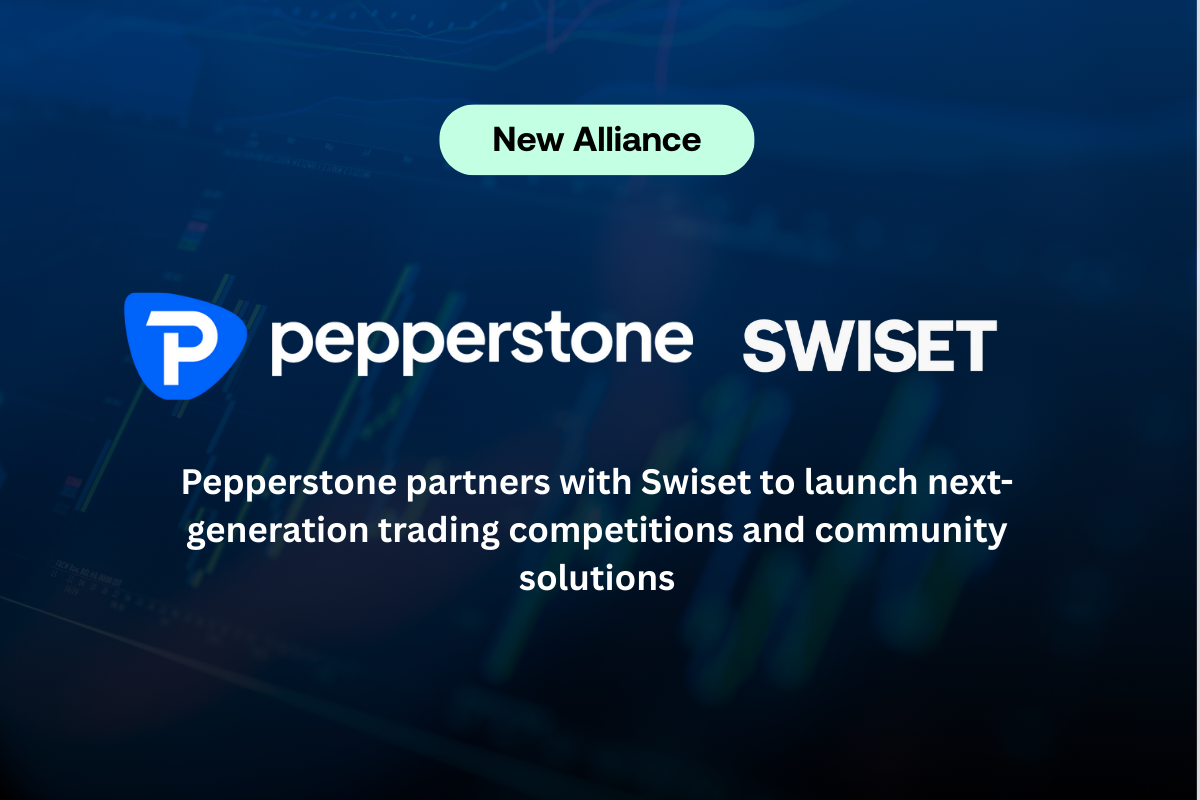The Impact of AI on Trading: Transforming Strategies and Outcomes

Artificial intelligence (AI) is revolutionizing all industries, and trading is no exception. Investment in AI startups for trading grew significantly, reaching $22 billion in 2023, tripling the previous year’s figure according to CB Insights. Currently, 72% of professional traders use AI-based tools in their strategies, with projections to reach 86% by 2025, according to Finance Magnates. Additionally, algorithmic trading, driven by AI, accounts for 15% of the total trading volume in the stock market and is expected to reach 50% in the next 5 years, according to McKinsey & Company.
As we can see, artificial intelligence (AI) has transformed the trading industry in the past year, introducing new capabilities and strategies that are changing the landscape for traders and investors. Let’s look at some of the main evolutions:
Unprecedented Data Analysis in AI Trading
An expanded dataset allows AI algorithms to process and analyze information from various sources, including historical market data, news and events, social media, and alternative data like weather and internet searches. Using natural language processing (NLP), AI can extract information from large amounts of unstructured text, while computer vision enables AI to analyze images and videos for patterns and trends.
Identifying Hidden Patterns with Artificial Intelligence
A key capability of AI is identifying hidden patterns through machine learning. AI algorithms can learn from large datasets to identify complex patterns and non-linear relationships that humans might overlook. AI can detect anomalies, signaling trading opportunities or potential risks, and make predictive forecasts using statistical models and deep learning techniques.
Using Artificial Intelligence to Automate Trading Tasks
– Order Execution: AI algorithms can automate order execution, including placing, modifying, and canceling orders.
– Technical Analysis: AI can perform complex technical analyses, such as identifying trends and patterns in price charts.
– Risk Management: AI can automate risk management tasks, such as placing stop losses and managing positions.
– Market Monitoring: AI can monitor the market 24/7, alerting traders to important events and changes in market conditions.
AI in the Brokerage Industry
Brokers are increasingly implementing AI to enhance the customer experience and optimize operations. AI can analyze FAQs to identify and answer common questions, personalize responses based on a trader’s history and preferences, and improve search functionality. AI can also create interactive chatbots to respond to traders’ questions in real time.
How AI Can Help You Understand Your Trading Performance
AI revolutionizes how traders analyze their data and make decisions by connecting to trading journals. AI integrates with the trader’s journal, importing data on trades, positions, and other key indicators, and uses machine learning algorithms to identify patterns and trends. It generates personalized insights, such as performance summaries, pattern identification, error detection, and strategy recommendations, presented clearly and visually.
Artificial intelligence is revolutionizing trading, offering new tools and strategies for more informed decisions, improved execution, and better results. Despite challenges like technological dependence and lack of transparency, AI adoption continues to grow, driving innovations that make trading more efficient, accessible, and profitable. With its ability to adapt and learn from historical and current data, AI promises to continue transforming the trading industry, optimizing operations, and enhancing future strategies.
Don't miss our latest episode of the podcast "Trading Simple y Sabio."
The Impact of AI on Trading: Transforming Strategies and Outcomes

Artificial intelligence (AI) is revolutionizing all industries, and trading is no exception. Investment in AI startups for trading grew significantly, reaching $22 billion in 2023, tripling the previous year’s figure according to CB Insights. Currently, 72% of professional traders use AI-based tools in their strategies, with projections to reach 86% by 2025, according to Finance Magnates. Additionally, algorithmic trading, driven by AI, accounts for 15% of the total trading volume in the stock market and is expected to reach 50% in the next 5 years, according to McKinsey & Company.
As we can see, artificial intelligence (AI) has transformed the trading industry in the past year, introducing new capabilities and strategies that are changing the landscape for traders and investors. Let’s look at some of the main evolutions:
No te pierdas nuestro último episodio del Podcast " Trading Simple y Sabio"
Unprecedented Data Analysis in AI Trading
An expanded dataset allows AI algorithms to process and analyze information from various sources, including historical market data, news and events, social media, and alternative data like weather and internet searches. Using natural language processing (NLP), AI can extract information from large amounts of unstructured text, while computer vision enables AI to analyze images and videos for patterns and trends.
Identifying Hidden Patterns with Artificial Intelligence
A key capability of AI is identifying hidden patterns through machine learning. AI algorithms can learn from large datasets to identify complex patterns and non-linear relationships that humans might overlook. AI can detect anomalies, signaling trading opportunities or potential risks, and make predictive forecasts using statistical models and deep learning techniques.
Using Artificial Intelligence to Automate Trading Tasks
– Order Execution: AI algorithms can automate order execution, including placing, modifying, and canceling orders.
– Technical Analysis: AI can perform complex technical analyses, such as identifying trends and patterns in price charts.
– Risk Management: AI can automate risk management tasks, such as placing stop losses and managing positions.
– Market Monitoring: AI can monitor the market 24/7, alerting traders to important events and changes in market conditions.
AI in the Brokerage Industry
Brokers are increasingly implementing AI to enhance the customer experience and optimize operations. AI can analyze FAQs to identify and answer common questions, personalize responses based on a trader’s history and preferences, and improve search functionality. AI can also create interactive chatbots to respond to traders’ questions in real time.
How AI Can Help You Understand Your Trading Performance
AI revolutionizes how traders analyze their data and make decisions by connecting to trading journals. AI integrates with the trader’s journal, importing data on trades, positions, and other key indicators, and uses machine learning algorithms to identify patterns and trends. It generates personalized insights, such as performance summaries, pattern identification, error detection, and strategy recommendations, presented clearly and visually.
Artificial intelligence is revolutionizing trading, offering new tools and strategies for more informed decisions, improved execution, and better results. Despite challenges like technological dependence and lack of transparency, AI adoption continues to grow, driving innovations that make trading more efficient, accessible, and profitable. With its ability to adapt and learn from historical and current data, AI promises to continue transforming the trading industry, optimizing operations, and enhancing future strategies.




